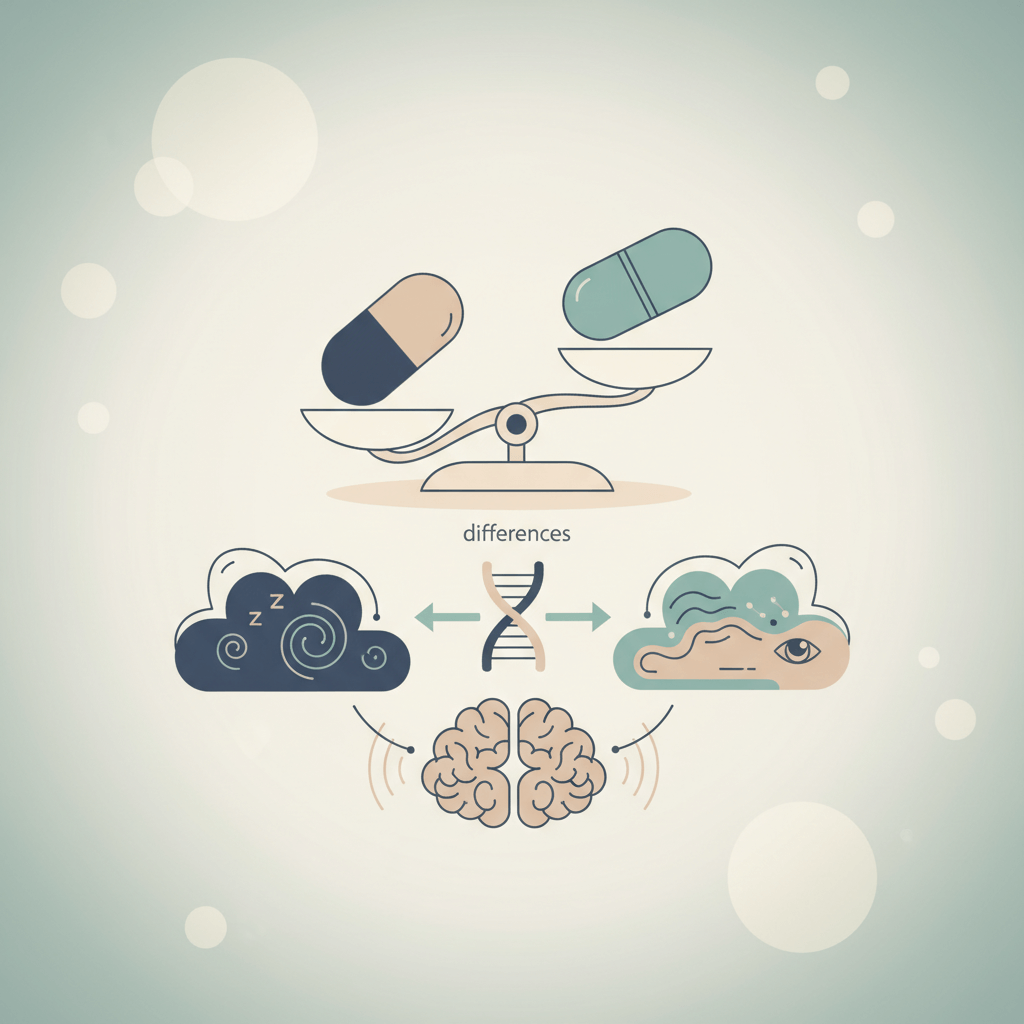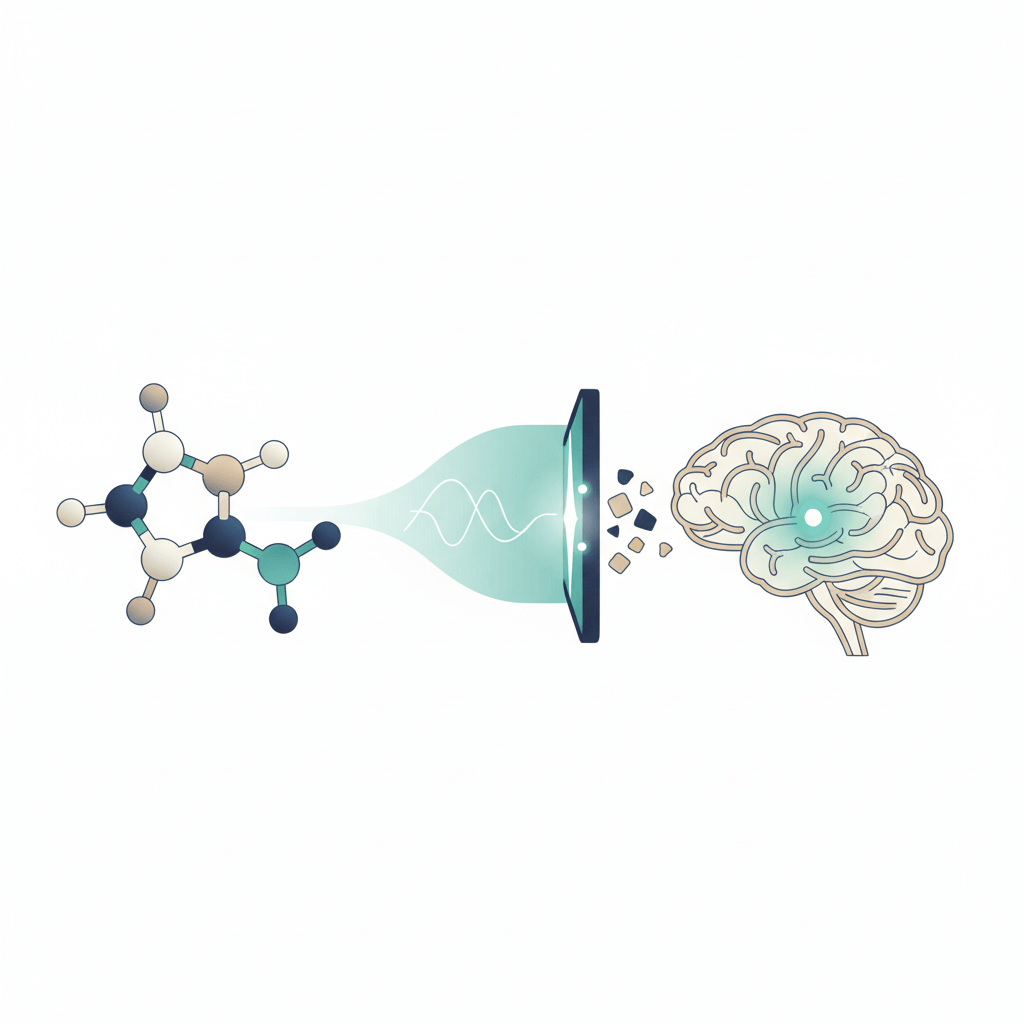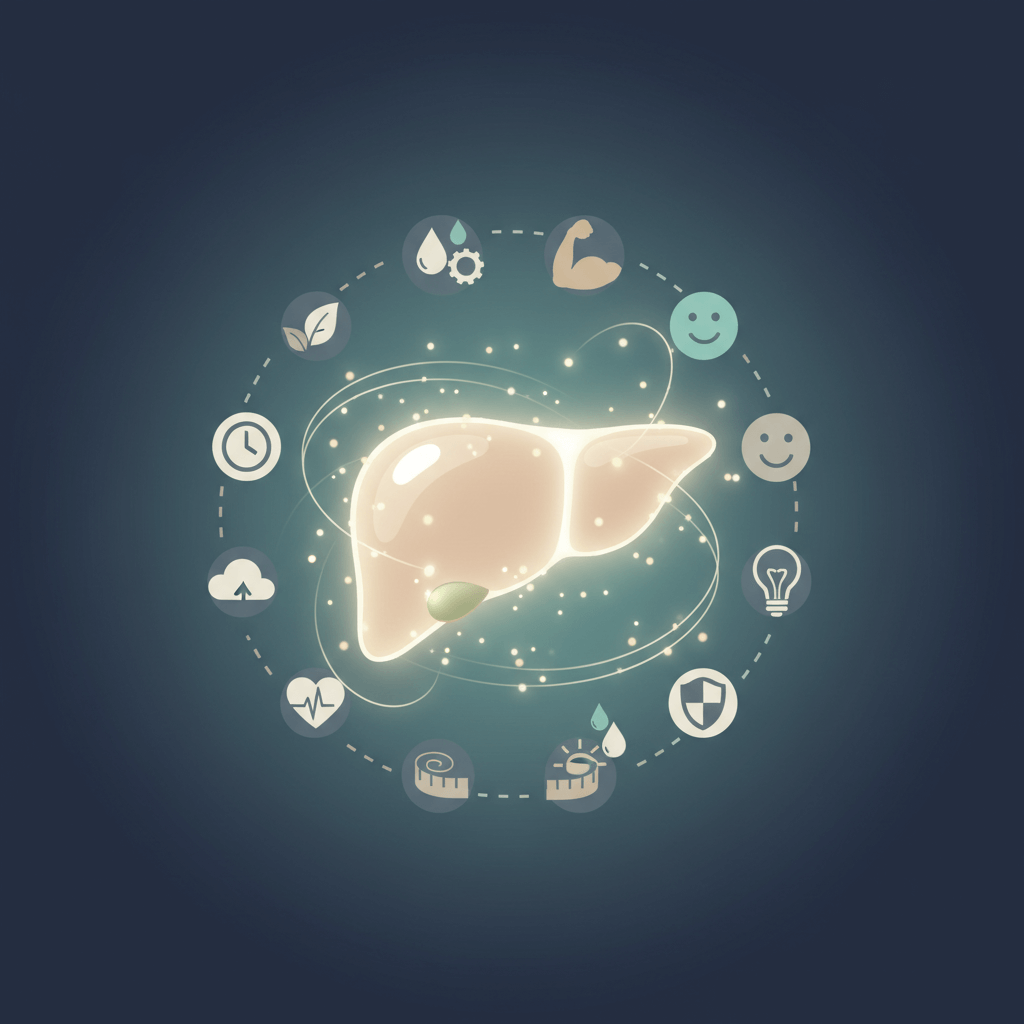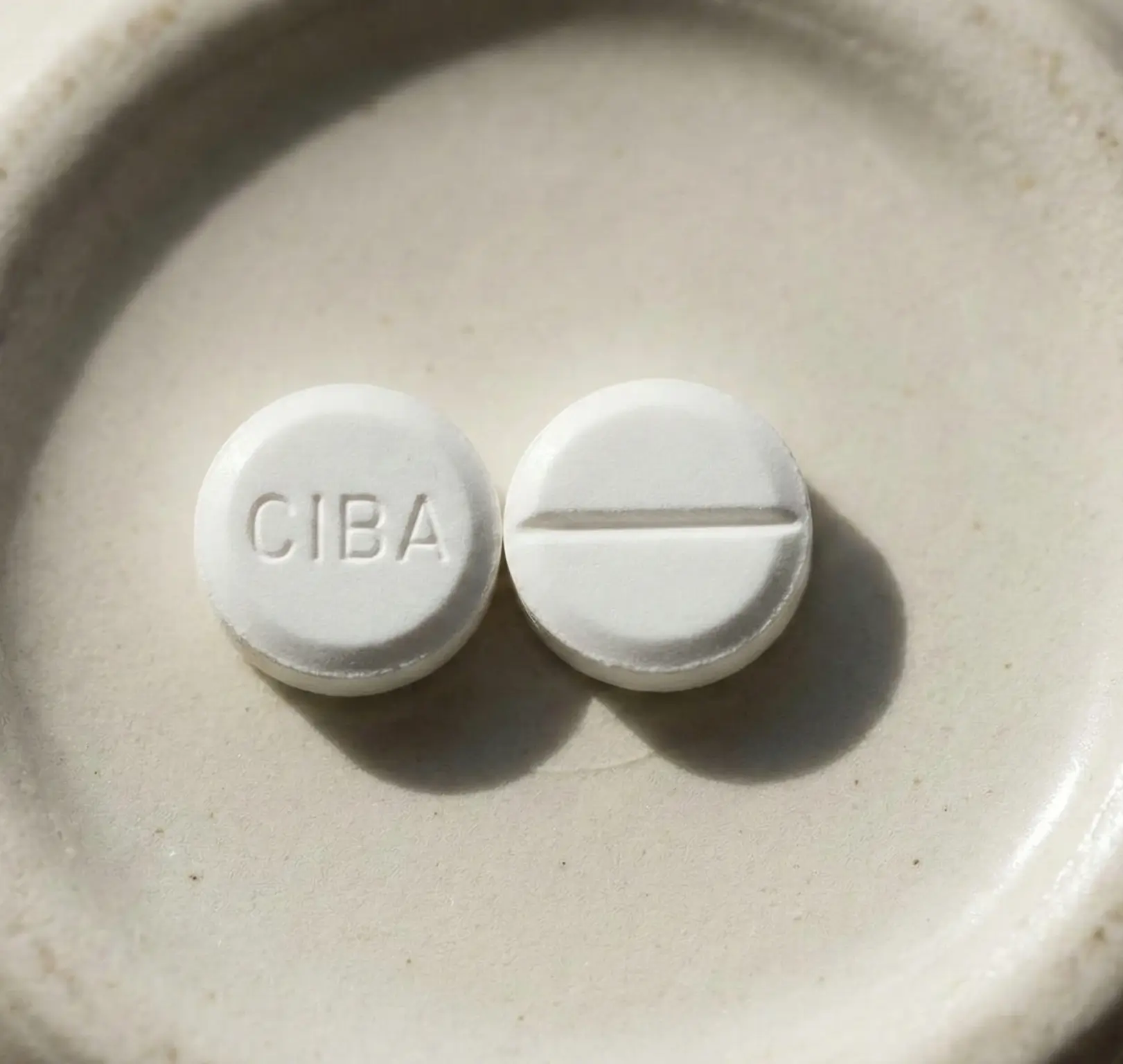The Connection Between OCD and Addiction
Obsessive-Compulsive Disorder (OCD) and addiction are two distinct but interconnected conditions that can often co-occur in individuals. Understanding the relationship between OCD and addiction is crucial for effective diagnosis and treatment.

Understanding OCD and Addiction
OCD is a mental health disorder characterized by intrusive, unwanted thoughts (obsessions) and repetitive behaviors or mental acts (compulsions). These obsessions and compulsions can significantly impact daily functioning and cause distress. It is important to note that obsessions in OCD are ego-dystonic, meaning they are misaligned with what the individual genuinely wants or values (TreatMyOCD).
Addiction, on the other hand, is a chronic brain disease characterized by compulsive substance use or engagement in rewarding behaviors despite negative consequences. Addictive behaviors are initially pleasurable or rewarding, and individuals may develop a physiological tolerance to addictive substances over time.
Differences Between OCD and Addiction
Although there are similarities between OCD and addiction, there are also key differences that set them apart. These distinctions can help differentiate between the two conditions:
- Nature of Thoughts and Behaviors: In OCD, obsessions are intrusive and unwanted thoughts that cause distress, while compulsions are repetitive behaviors or mental acts performed to alleviate anxiety or prevent a feared outcome. These compulsions are not intrinsically rewarding and are driven by a desire to reduce distress. In addiction, the unwanted thoughts or cravings result in a strong urge to engage in a particular action to alleviate stress or discomfort.
- Reward System and Tolerance: Compulsions in OCD are not initially pleasurable or rewarding. The repetitive behaviors are driven by anxiety reduction or the need to prevent a feared outcome. In contrast, addictive behaviors offer immediate rewards and can be pleasurable. Individuals with addiction may develop a physiological tolerance to addictive substances, requiring increased amounts to achieve the same effect. This tolerance does not occur with obsessions in OCD.
Understanding the relationship between OCD and addiction is complex. While they have distinct characteristics, their co-occurrence and shared neurobiological factors suggest a connection that requires specialized treatment approaches. Recognizing the differences between OCD and addiction is crucial for accurate diagnosis and effective management of these conditions.
Prevalence of OCD and Addiction
Understanding the prevalence of both obsessive-compulsive disorder (OCD) and addiction is crucial in recognizing the connection between these two conditions. Individuals with OCD often have a higher risk of developing substance use disorders (SUDs), making it important to explore the co-occurrence and increased risk.
Co-Occurrence of OCD and Substance Use Disorders
It is not uncommon for OCD to co-occur with SUDs. Studies have shown that approximately 38.6% of patients with OCD meet the criteria for a substance use disorder. This indicates a significant overlap between the two conditions.
Moreover, the prevalence of addiction in individuals with OCD is nearly three times higher than that in the general population. This suggests that individuals with OCD are more susceptible to developing substance use disorders.
Increased Risk of Addiction in Individuals with OCD
Individuals with OCD have a higher rate of drug abuse and dependence compared to the general population. Research has shown that up to 27% of individuals with OCD meet the criteria for a lifetime substance use disorder. Alcohol is the most commonly abused substance among individuals with OCD.
Having OCD can predispose individuals to develop substance use disorders. The reasons for this increased risk are multifaceted and can include attempts to self-medicate symptoms of anxiety, depression, or distress associated with OCD. Furthermore, the repetitive and intrusive nature of OCD symptoms may drive individuals to seek relief through substance use.
Recognizing the co-occurrence of OCD and substance use disorders is crucial in providing appropriate treatment and support for individuals facing these challenges. Integrated treatment approaches that address both conditions simultaneously can lead to improved outcomes and better management of symptoms.
Neurobiology of OCD and Addiction
Understanding the neurobiology of both obsessive-compulsive disorder (OCD) and addiction can shed light on the connection between these two conditions. There are specific brain regions implicated in OCD and addiction, as well as the role of neurotransmitters in these disorders.
Brain Regions Implicated in OCD and Addiction
Both OCD and addiction involve similar patterns of brain activity, particularly within the cortico-striatal-thalamic-cortical (CSTC) circuit. This circuit plays a crucial role in reward processing and compulsive behaviors. Within this circuit, certain brain regions are of particular importance:
- Nucleus Accumbens: The nucleus accumbens, a central part of the brain's reward circuit, is involved in both OCD and substance use disorders (SUDs). Deep brain stimulation targeting the nucleus accumbens has shown promise in improving symptoms of both OCD and SUD.
- Prefrontal Cortex: The prefrontal cortex, responsible for decision-making and cognitive control, is another region of interest. Changes in the prefrontal cortex may impact an individual's ability to make decisions and maintain control over repetitive behaviors, which are common in both OCD and addiction (International OCD Foundation).
By studying these brain regions and their interactions, researchers hope to gain insights into the underlying mechanisms that contribute to both OCD and addiction.
Role of Neurotransmitters in OCD and Addiction
Neurotransmitters, chemical messengers in the brain, play a significant role in the development and maintenance of both OCD and addiction. While the exact mechanisms are still being studied, several neurotransmitters have been implicated in these disorders:
- Serotonin: Serotonin is involved in mood regulation and is associated with feelings of well-being. Abnormal levels of serotonin have been observed in both OCD and addiction. Medications that target serotonin, such as selective serotonin reuptake inhibitors (SSRIs), are commonly used in the treatment of OCD.
- Glutamate: Glutamate is an excitatory neurotransmitter that plays a role in brain signaling. Abnormal levels of glutamate have been implicated in both OCD and SUDs. It is unclear whether these abnormalities are a cause or consequence of the disorders. However, dysregulation of glutamate may contribute to the symptoms observed in both conditions.
- Dopamine: Dopamine is involved in reward processing, motivation, and behavioral control. It is thought to play a role in the development of both OCD and addiction. Dysregulation of dopamine may contribute to the compulsive behaviors and cravings observed in these disorders (International OCD Foundation).
Understanding the complex interplay between these neurotransmitters and their impact on brain function is crucial for developing effective treatment strategies for individuals with co-occurring OCD and addiction.
The neurobiology of OCD and addiction provides valuable insights into the underlying mechanisms of these conditions. By studying the brain regions involved and the role of neurotransmitters, researchers aim to develop targeted treatments that address the unique challenges faced by individuals with co-occurring OCD and addiction.
Factors Contributing to OCD and Addiction
The development of both obsessive-compulsive disorder (OCD) and addiction can be influenced by a combination of various factors, including genetic and environmental influences as well as the impact of family history.
Genetic and Environmental Factors
Research suggests that both genetic and environmental factors contribute to the development of OCD and addiction. Certain genes and neurotransmitters have been implicated in both conditions, indicating a potential genetic overlap between OCD and addiction. However, it's important to note that having a family history of OCD and/or substance use disorder (SUD) is a contributing factor but may not be sufficient on its own for either disorder to manifest. Other genetic, environmental, and cultural factors also play a role in determining the development of OCD and addiction.
Impact of Family History
Family history of OCD and/or SUD can contribute to the development of co-occurring OCD and substance use disorder. Individuals with a family history of OCD may be more likely to develop the disorder themselves, and the same applies to addiction. Having a family member with either condition can increase an individual's vulnerability to developing OCD or addiction. It is important to note, however, that family history is just one piece of the puzzle, and additional factors, such as genetic and environmental influences, also play a significant role.
Understanding the factors that contribute to both OCD and addiction is crucial in developing effective treatment strategies. By considering the interplay between genetic predisposition, environmental factors, and family history, healthcare professionals can provide comprehensive and personalized care to individuals dealing with the co-occurrence of OCD and addiction.
Treating Co-Occurring OCD and Addiction
When OCD and addiction co-occur, it is essential to implement a comprehensive treatment approach that addresses both disorders simultaneously. This section will explore the importance of dual diagnosis treatment and the use of cognitive-behavioral therapy (CBT) in managing co-occurring OCD and addiction.
Importance of Dual Diagnosis Treatment
Dual diagnosis treatment is crucial for individuals struggling with both OCD and addiction. It combines therapies that target OCD symptoms, addiction behaviors, and the interplay between the two disorders. This integrated approach recognizes the complex relationship between OCD and addiction, ensuring that individuals receive comprehensive care tailored to their specific needs.
By addressing both disorders concurrently, dual diagnosis treatment can provide a more effective and sustainable recovery path. It allows individuals to gain insight into the connections between their OCD symptoms and addictive behaviors, enabling them to develop healthier coping mechanisms and reduce the risk of relapse.
Cognitive-Behavioral Therapy for OCD and Addiction
Cognitive-behavioral therapy (CBT) is a widely used therapeutic approach in the treatment of both OCD and addiction. CBT aims to modify negative thought patterns and behaviors associated with these disorders. By challenging irrational beliefs and replacing maladaptive behaviors with healthier alternatives, individuals can develop coping strategies to manage both OCD symptoms and addictive tendencies.
In the context of OCD, CBT often involves exposure and response prevention (ERP), where individuals gradually confront their obsessive thoughts and resist engaging in compulsive behaviors. This process helps to reduce the frequency and intensity of OCD symptoms.
For addiction, CBT focuses on identifying triggers and developing strategies to cope with cravings and avoid relapse. It also assists individuals in developing healthier coping mechanisms to address underlying emotional and psychological factors contributing to addictive behaviors.
When applied to co-occurring OCD and addiction, CBT can be tailored to address the unique challenges and interactions between the two disorders. It provides individuals with the tools and skills necessary to manage both OCD symptoms and addictive behaviors, leading to improved overall well-being and recovery outcomes.
Treating co-occurring OCD and addiction requires a comprehensive and integrated care approach. Dual diagnosis treatment is essential to address the complex interplay between these disorders, combining therapies that target both OCD and addiction. Cognitive-behavioral therapy (CBT) is a commonly utilized therapeutic approach that helps individuals challenge negative thought patterns and behaviors associated with both OCD and addiction. By implementing these strategies, individuals can effectively manage their symptoms, reduce the risk of relapse, and achieve long-lasting recovery.
Managing OCD and Addiction
When addressing the co-occurrence of OCD and addiction, it is essential to develop effective strategies for managing both conditions. The relationship between OCD and addiction is complex, often involving self-medication as individuals with OCD may turn to addictive behaviors as a way of coping with the distress and anxiety caused by their obsessive thoughts and compulsions. However, it's important to note that while addictive behaviors may initially provide temporary relief, in the long run, they can worsen OCD symptoms and create a cycle of obsession, compulsion, and addiction that reinforces each other.
Self-Medication and Complicating Treatment
Individuals with OCD may engage in self-medication by using substances or addictive behaviors as a means to alleviate the distress caused by their OCD symptoms. However, self-medication can complicate the treatment process, making it more challenging to address both OCD and addiction simultaneously. It is crucial for healthcare professionals to understand and recognize the co-occurrence of these conditions and develop comprehensive treatment plans that target both disorders.
Comprehensive and Integrated Care
Given the complex nature of the relationship between OCD and addiction, comprehensive and integrated care is paramount. This approach involves addressing both conditions simultaneously through a combination of therapeutic interventions, support systems, and medication when necessary.
Cognitive-behavioral therapy (CBT) is commonly used in the treatment of OCD and addiction. CBT focuses on identifying and challenging negative thought patterns and behaviors, helping individuals develop healthier coping mechanisms to manage their OCD symptoms and addictive tendencies. CBT can be adapted to target both conditions simultaneously, enhancing the effectiveness of treatment.
In addition to therapy, support groups can play a crucial role in managing OCD and addiction. Connecting with others who have similar experiences provides validation, understanding, and a sense of community. Support groups can offer a safe space for individuals to share their challenges, successes, and strategies for managing both conditions.
A comprehensive treatment approach may also involve medication. Medications such as selective serotonin reuptake inhibitors (SSRIs) are commonly prescribed to manage OCD symptoms. However, it is essential to work closely with a healthcare professional to ensure that any prescribed medications do not interact negatively with the treatment for addiction.
By adopting a comprehensive and integrated care approach, individuals with co-occurring OCD and addiction can receive the necessary support to effectively manage both conditions. This approach acknowledges the interplay between the disorders and recognizes the unique challenges that arise when treating them simultaneously. With proper care and support, individuals can work towards recovery and improve their overall well-being.
Research Insights on OCD and Addiction
Exploring the connection between OCD and addiction requires a deeper understanding of the research conducted in this field. By delving into neuroimaging studies and examining the prevalence of substance use disorders in individuals seeking treatment for OCD, valuable insights can be gained.
Neuroimaging Studies and Symptom Reduction
Neuroimaging studies have played a pivotal role in shedding light on the relationship between OCD and addiction. These studies have revealed changes in brain functioning that align with symptom reduction in both OCD and substance use disorders (SUDs) after behavioral treatment. This emphasizes the significance of neuroscience research in comprehending and treating these co-occurring disorders.
By examining the brain activity of patients before and after treatment, researchers have observed alterations in specific brain regions associated with both OCD and addiction. This provides valuable insights into the underlying mechanisms and potentially opens avenues for the development of targeted interventions.
Prevalence of Substance Use Disorders in OCD Treatment Seekers
Understanding the prevalence of substance use disorders (SUDs) in individuals seeking treatment for OCD is crucial in comprehending the connection between these two conditions. A clinical sample of individuals with Obsessive-Compulsive Disorder (OCD) revealed that approximately 27% met lifetime criteria for a substance use disorder.
Furthermore, it was found that a significant number of individuals with comorbid SUDs reported that OCD preceded the onset of substance use disorders by at least one year. This suggests a temporal relationship between the two conditions, with OCD often preceding the development of substance use disorders.
Other factors, such as age at OCD onset, have also been identified as potential contributors to the risk of developing alcohol use disorders. Research indicates that individuals with an earlier onset of OCD may have an increased risk of alcohol use disorders. Additionally, the presence of Borderline Personality Disorder (BPD) has been associated with an increased risk of drug use disorders.
These findings highlight the importance of considering individual risk factors and co-occurring mental health conditions when treating individuals with both OCD and addiction. By addressing these factors in a comprehensive and integrated manner, healthcare professionals can develop effective treatment plans tailored to the unique needs of each individual.













